
OR
Editorial
Help Struggling Farmers Save Dairy Industries
Published On: March 7, 2024 07:15 AM NPT By: Republica | @RepublicaNepal
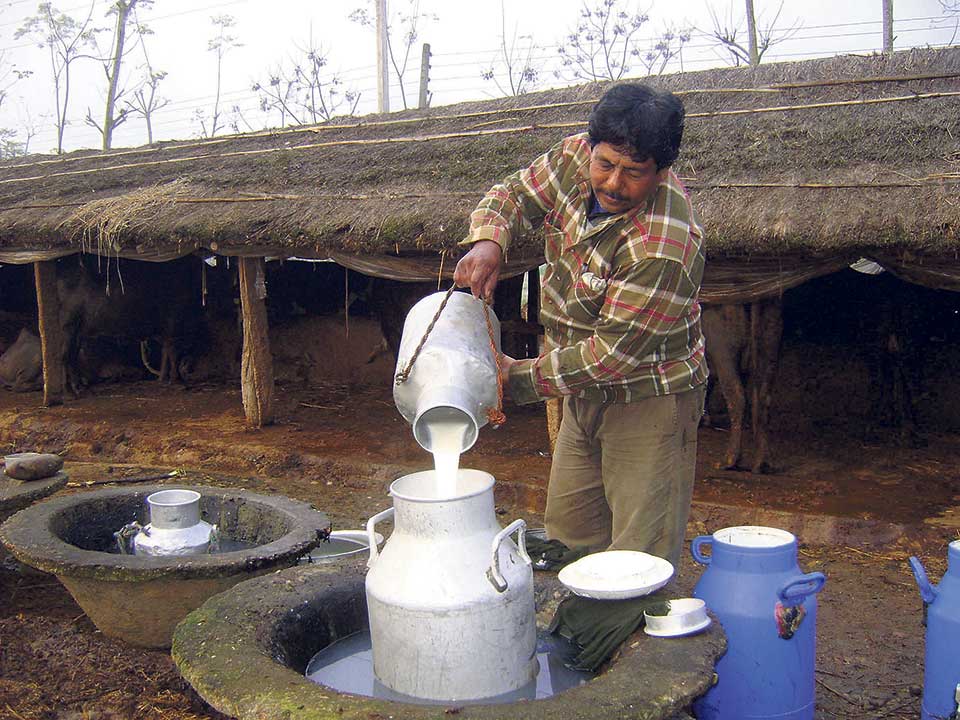
It is concerning to learn that dairy industries across Nepal are struggling to sell the milk produced by farmers as consumption has sharply decreased. Farmers’ representatives say that, although they supply 3.1 million liters of milk to the market daily, dairy industries sell only 2.8 million liters of milk. The unsold milk is converted into butter and milk powder. Reportedly, private dairy industries have a stock of butter and milk powder worth almost Rs 5 billion, while the state-owned Dairy Development Corporation (DDC) has about Rs 1 billion worth of butter and milk powder. The excess milk has been stocked in the form of butter and milk powder. The DDC, which supplies dairy products to the market, said that despite collecting 150,000 liters of milk from farmers daily, they can sell only 100,000 liters of milk. The DDC has been converting 50,000 liters of milk into butter and milk powder daily. Additionally, dairy industrialists claim that they are struggling to pay milk producers because the milk bought from farmers is not being sold in the market. Due to non-consumption of milk, private sector dairies are yet to pay about Rs 6 billion, and the state-owned DDC is yet to clear dues of about Rs 900 million to farmers. This has left farmers to undergo severe hardships, forcing many of them to opt out of this profession. This is certainly not a positive development. The government must make some positive interventions to protect these farmers and thereby Nepal’s dairy industry.
Although the economic downturn has been attributed to the sharp decline in the consumption of milk, there may be several other factors behind this situation. A combination of marketing strategies, product innovation, and measures to address supply chain challenges could help significantly increase the sale of milk products. Conducting awareness campaigns to educate consumers about the nutritional benefits of milk and milk products is important in this regard. Dairy farmers also need to work on introducing new and innovative dairy products that cater to the preferences of the local population. They can consider developing value-added products such as flavored milk, yogurt, cheese, and desserts. The most important thing is to strengthen distribution networks to ensure that dairy products are readily available in urban and rural areas. They can further strengthen their collaboration with local retailers, supermarkets, and convenience stores to expand product reach. All federal, provincial, and local governments can consider taking measures to support local dairy farmers through subsidies. Farmers are protesting as they did not get payment of about Rs 7 billion for the sale of milk. The government can take some administrative measures to ensure that the due amount is settled on time to help the struggling farmers. The farmers and industrialists also argue that domestic products are not getting the market due to the import of dairy products from abroad. They claim that dairy products are being illegally smuggled into the country through the open border. The government can work to address these concerns as well to benefit these farmers.
The government has been helping farmers to increase milk production and commercialize this sector by attracting the private sector towards animal husbandry. This has helped make the country self-reliant in dairy products. As the consumption of milk has significantly gone down lately due to the economic downturn, this is likely to displace many farmers from the current profession, making the country again dependent on imported milk once demands start picking up again. Provisions of subsidized loans and other support measures could help these farmers to stay in the same profession. We urge the government to take some proactive measures to help the dairy industries survive so that we do not have to be dependent on basic things like dairy products.
You May Like This

Dairy industries struggle to sell milk products due to economic downturn
KATHMANDU, March 6: Dairy industries across the country are struggling to sell the milk produced by farmers as the consumption... Read More...

Farmers seek Rs 9b in crop damages
KATHMANDU, Dec 17: Last month, Minister for Agriculture and Livestock Development Chakrapani Khanal reportedly received a report from the National... Read More...
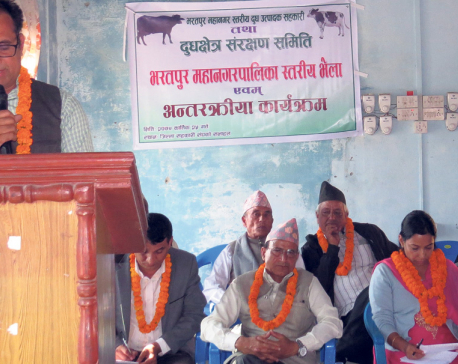
Farmers demand additional subsidy on milk from metropolis budget
CHITWAN, Nov 12: Milk producers of Bharatpur metropolis have demanded an additional subsidy of Rupee one per liter of milk.... Read More...
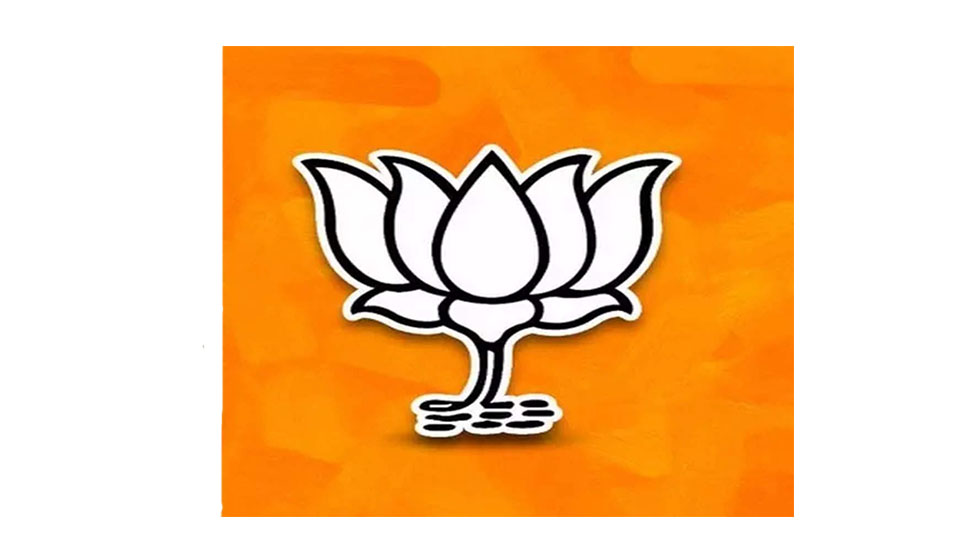
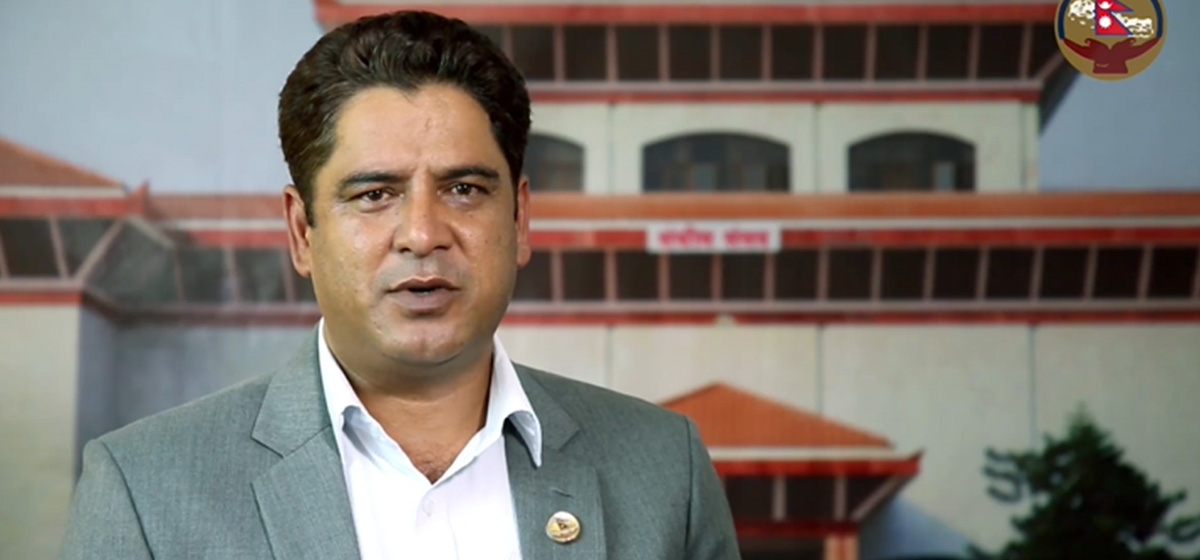

Just In
- Nepal’s labor exodus drives Indian laborers to fill gaps in domestic factories
- India's BJP extends invitation to Nepal's key parties, including PM Dahal's, to observe Indian election campaign
- NSO estimates Nepal’s per capita income at US $ 1,456
- RSP calls Central Committee and Secretariat meeting
- Narayanghat-Butwal road reports 50 percent progress in over five years
- Minister Bhandari requests Chinese govt to facilitate Nepali exporters in customs and quarantine
- KMC’s skill fair starts from today with aim to provide employment to more than 2,000 people
- Record-holder climber Kami Rita to ascend Mt Everest for 29th time









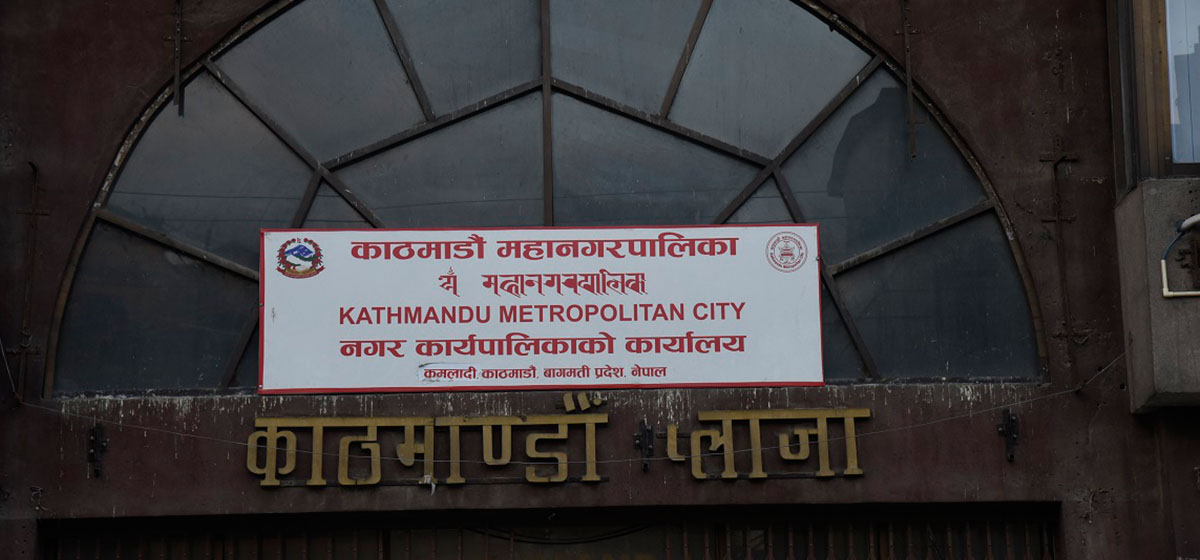
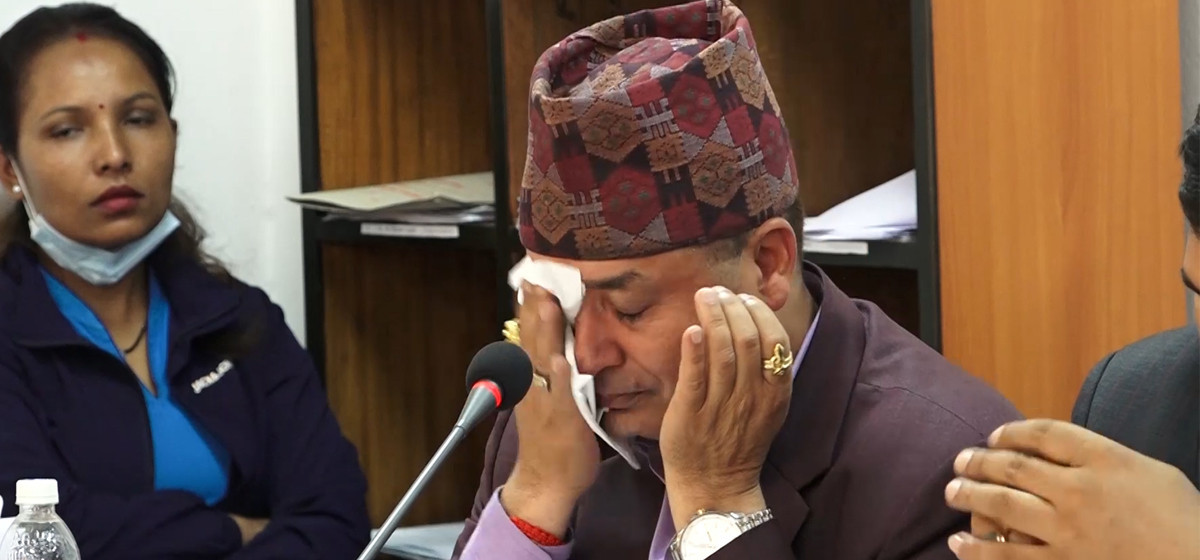

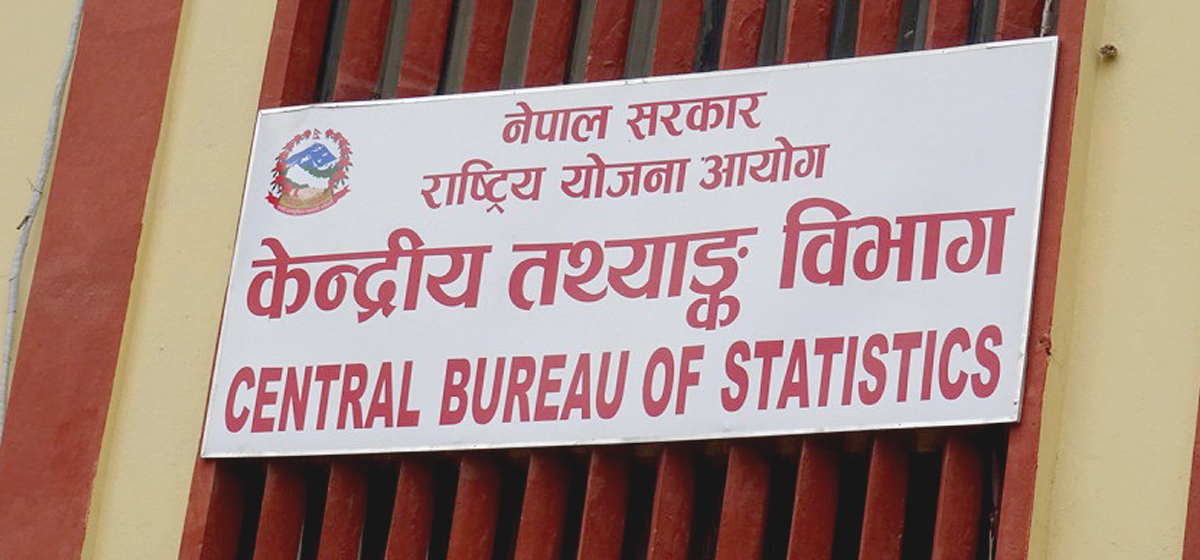
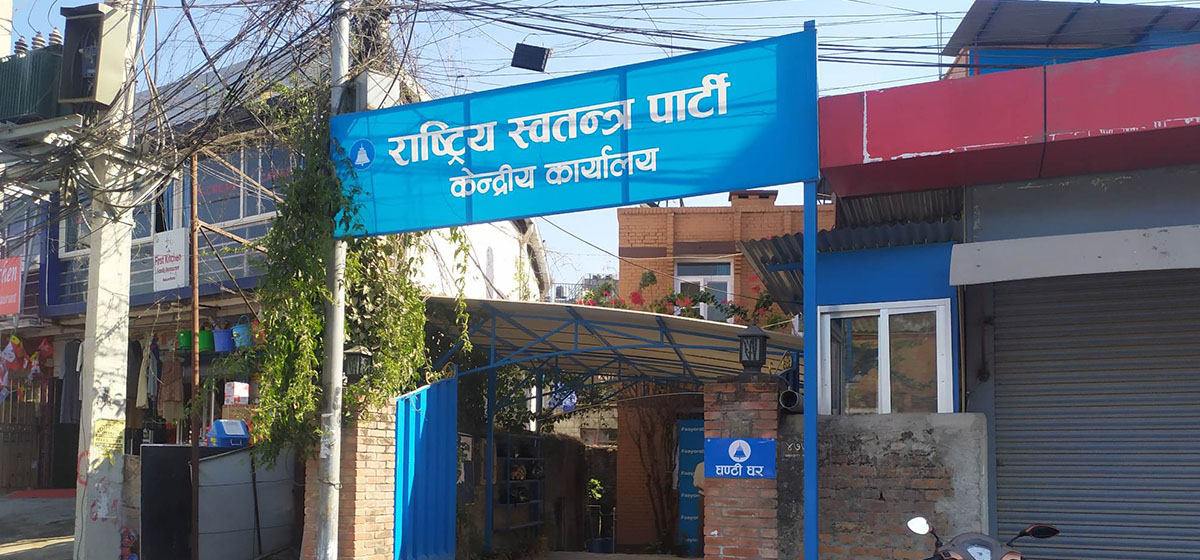
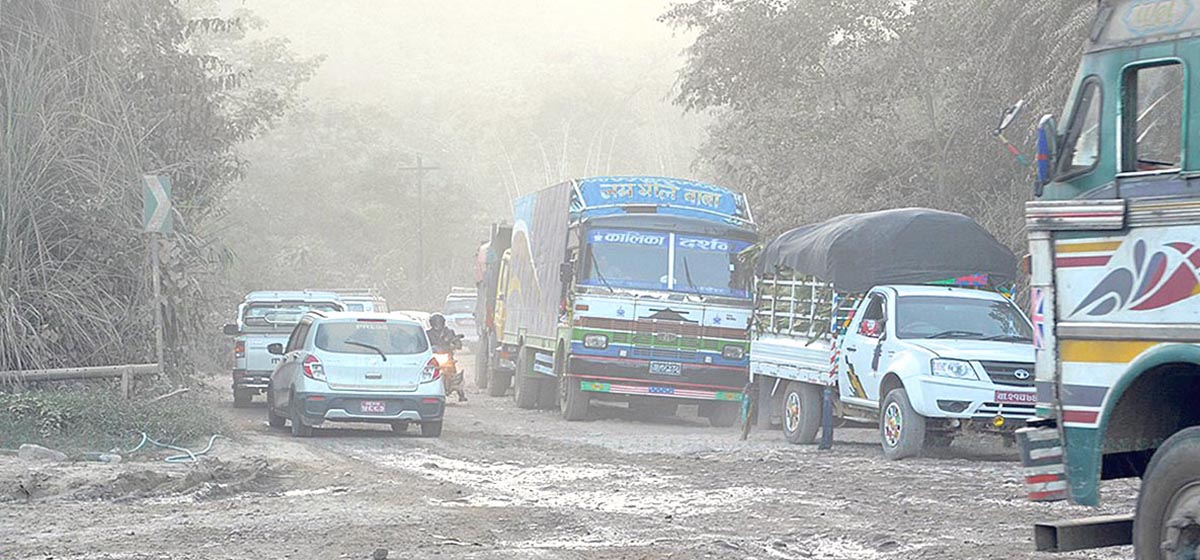

Leave A Comment